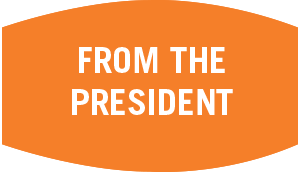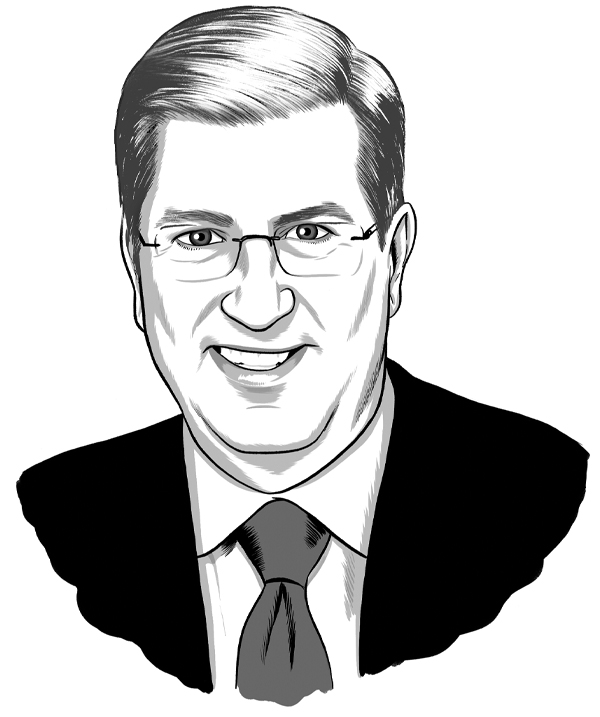

The Right Help at the Right Time
It didn’t take long after my arrival at Stanford to discover that I was no longer the smartest kid in the room. After years of acing my classes while rarely cracking a book, I found myself surrounded by better-prepared classmates who also knew how to study. It was devastating, and being so far away from my family made things even worse.
I know a “first-gen” plumber’s son who faced similar struggles during his first semester at Bucknell. With the help of Fitz Walling ’46, then director of admissions, young Ken Langone ’57 found his way, graduated and went on to an extroardinarily successful business career. Fitz’s profound impact on Ken is honored through the Langone-Walling Scholarship, which Ken established along with his wife, Elaine P’83.
The challenges Ken and I faced early in college help illustrate why it’s not enough for Bucknell to simply enroll talented students — we must also ensure they have the resources to succeed throughout their time on campus. Our new Center for Access & Success is an important step forward in ensuring our ability to support students from matriculation through graduation (see P. 6). It brings together all five of our national and signature access programs, allowing us to better meet the ongoing needs of program participants.
More broadly, we must be prepared to reduce obstacles that any student could face in their Bucknell journey. To that end, we’ve added many wide-scale programs to boost student success and retention — an important strategic goal. Here are a few recent examples:
- The new position of faculty academic adviser is dedicated to reviewing the advising process — a critical component for student success. The appointed professor in this role seeks ways to strengthen and streamline the experience for both students and faculty.
- A newly expanded quantitative support program helps students who seek extra instruction in STEM subjects, where learning was particularly impacted by COVID-19. It offers boot camps in topics such as chemistry, math and computer science to help ensure mastery of foundational courses.
- All three colleges now offer peer mentorship programs to welcome new students to their academic program and help them make the transition to college. Trained upperclass students are paired with incoming students in a relationship that continues throughout their first year at Bucknell.
- Our New Student Orientation coordinator now oversees the entire first-year experience, in recognition of the importance of ensuring that our newest Bucknellians settle in, make connections and become fully engaged in campus life.
- In 2019, we introduced Psychology of Success, a spring course for first-year students who faced significant academic difficulties in the fall semester that teaches skills such as goal-setting and resilience. Eligible students from the Class of 2022 who took the class were more likely to graduate in four years (85%) than those who did not (62%).
Such supports didn’t exist when Ken and I were in college — we were lucky to be mentored by caring faculty and staff. By integrating these kinds of programs into the Bucknell experience, we can intervene at the critical junctures that often make or break a student’s ability to thrive and earn their degree. We’ll continue to develop new ways to help all Bucknell students make the very best of their precious years on campus. The right resources, at the right time, have the power to change lives.

John C. Bravman
President